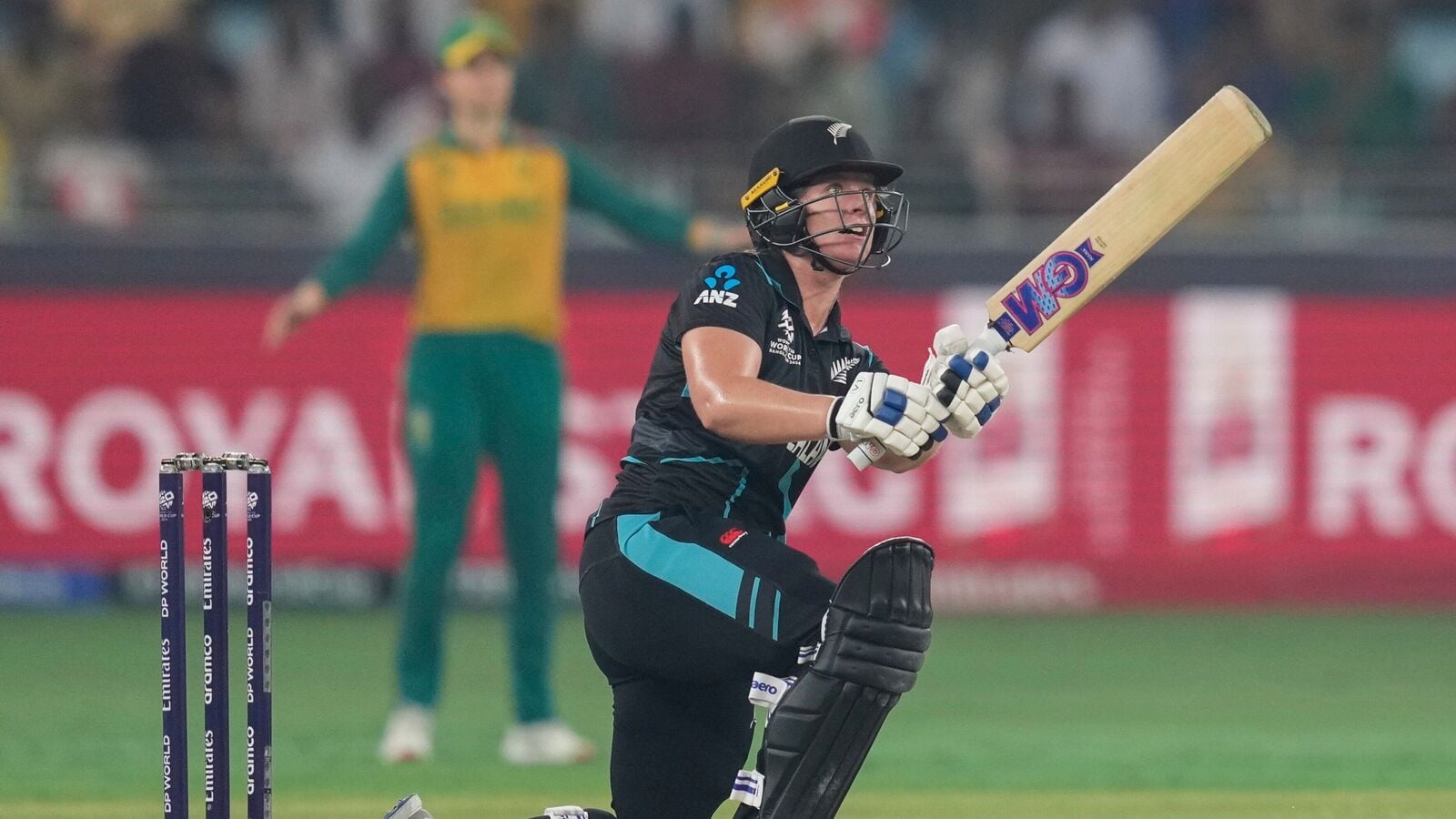India's Sports Industry Set to Boom, Reaching $130 Billion by 2030

Mumbai (ARYAN): The Indian sports industry is poised for explosive growth, with estimates suggesting it will reach $130 billion by 2030, according to a new report from Deloitte and Google. This represents a compound annual growth rate of 14%, more than double the nation's GDP growth rate.
The surge in multi-sport fan base and deepening engagement from Gen Z audiences are driving this growth, with India's 655 million sports fans already surpassing the country's population. Gen Z leads the charge at 43% of the fan base, with cricket maintaining its dominance but facing stiff competition from emerging sports like kabaddi, football, and indigenous games.
"India is witnessing a surge in multi-sport fandom, growing popularity of digital platforms, and deep engagement from Gen Z," said Roma Datta Chobey, interim country lead, Google India. "These trends present unique opportunities for businesses to innovate, connect with passionate fans, and drive growth across the ecosystem."
The report also highlights that 90% of sports fans now follow multiple sports, reflecting a shift toward a more diverse sports culture. Interactive technologies like AI-driven platforms are enhancing the fan experience, fueling growth across platforms like YouTube, fantasy sports, and social media.
Economic and employment growth are expected to soar, with the sector creating 10.5 million jobs and generating $21 billion in indirect tax revenue by 2030. The sports goods and apparel market is projected to double to $58 billion, driven by a fitness-conscious population and increasing demand for merchandise from favourite teams and players.
Broadcasting rights and sponsorship revenues are also scaling new heights, with the Indian Premier League (IPL) alone generating $1.2 billion annually. Government initiatives like Khelo India and TOPS (Target Olympic Podium Scheme) are bolstering grassroots development and infrastructure improvements.
However, challenges remain, including infrastructure and governance issues. The sector's growth hinges on expanding sports participation across the country and creating clear pathways from grassroots to elite levels. Increased funding, innovative public-private partnerships, and technology adoption will be key to addressing these challenges.
As India's sports industry continues to boom, it is expected to have a transformative impact on the economy and society, with Romal Shetty, CEO of Deloitte South Asia, emphasizing the importance of governance reforms, grassroots development, and a unified vision for long-term growth.
